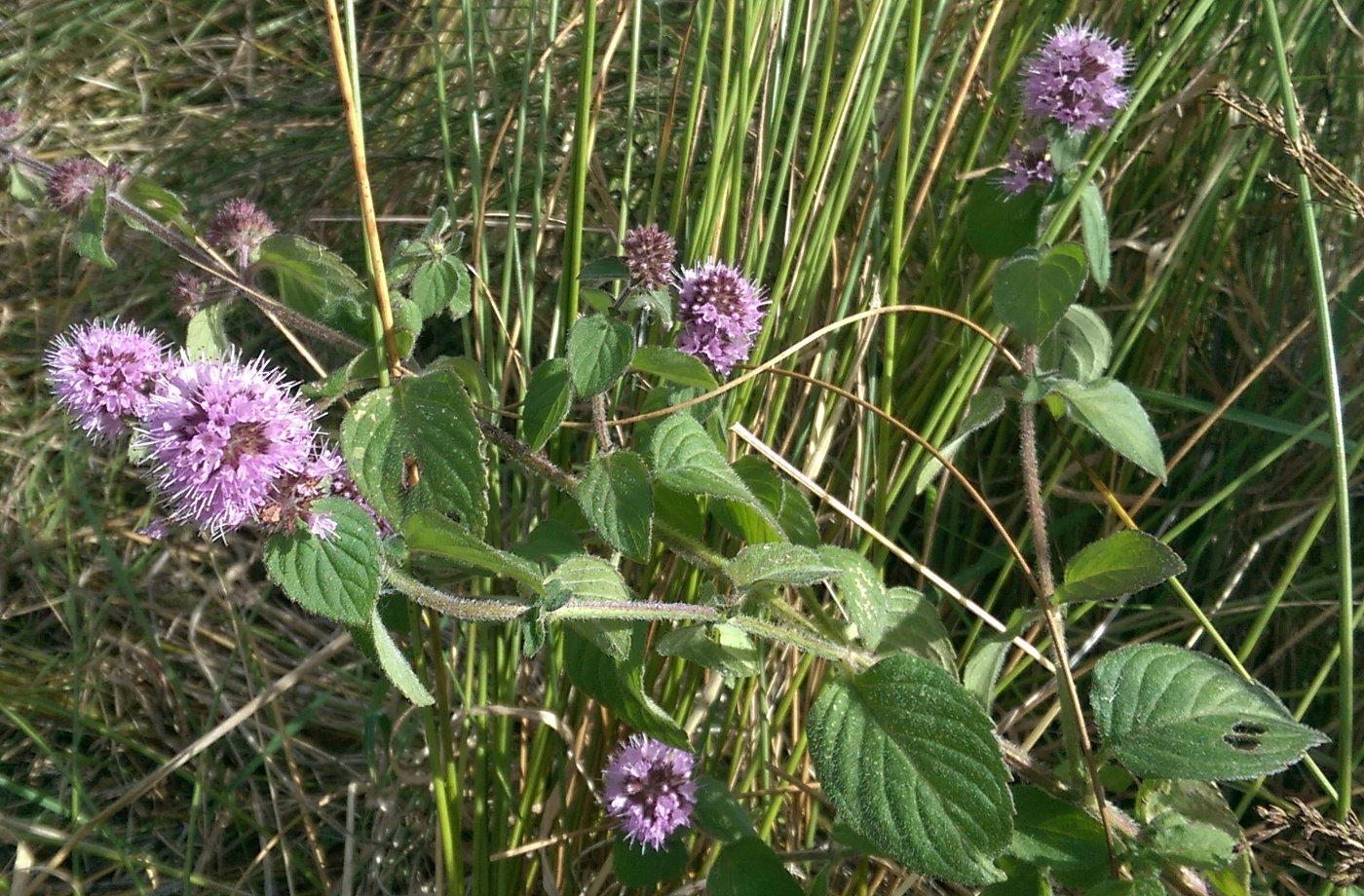Hiding in plain sight along every hedge row in England is an underutilised wealth of flavour. Each year from late July to September a separate crop of “weeds” ripens in the gaps between fields of corn and peas and rots on the vine, almost entirely ignored both by farmers and the general population. Most people are not even aware that the fruit exists and some who are are put off by the thought that foraging near fields might be seen as stealing, but actually as long as you are picking for personal consumption you are protected by the law in England and Wales.
"A person who picks mushrooms growing wild on any land, or who picks flowers, fruit or foliage from a plant growing wild on any land, does not (although not in possession of the land) steal what he picks, unless he does it for reward or for sale or other commercial purpose."
- The England and Wales Theft Act 1968
Last summer, James and I decided to spend some time searching for and tasting some hedgerow delicacies, we were pleasantly surprised by what we found in a very short space of time. We started with the more common forageable plants and chose tea as the medium by which to explore the flavours as it is easily prepared with the most basic camping equipment, requires no extra ingredients and no messy preparation or clean up.
We prepared each tea in the same way; by simply adding the foraged item to hot water, sometimes lightly crushing or tearing it first so that brewed faster.
We began with Blackberries, these sweet fruits are easily spotted on brambles all over the country and are tasty straight off of the plant. Brewing a handful in to two cups of hot water provides a sweet and light flavour with an aftertaste dominated by tannins which stays with you for some time and really wakes you up. Brewed with more berries, the sugars override the astringent aftertaste and make something we really recommend, especially when you are cold and need a pick-me-up in the woods.

Next we picked some leaves from a Hawthorn bush, tore them up and added them with a few seeded berries to boiling water. This tea did not smell particularly appetising and tasted about the same, quite earthy, bitter but with some of the apple-y notes that the leaves provide when chewed raw. I took some of the berries home and dried them above my boiler; the dried berries made for a much sweeter tea, but it wasn’t really worth the work.
Our final and surprisingly palatable tea came from the abundant wild spearmint supply in the meadow the other side of the hedgerow. We expected to taste mint straight away, but there is actually a sweet and aromatic tangy flavour more like celery first, followed by an airy spearmint aftertaste. We would definitely recommend this tea, mostly because it is so easy to prepare and tastes incredible, but also because it always seems to grow in the best sunny spots in meadows covered in butterflies and bumblebees. After all, the best foraging brings you to a new beautiful place physically as well as culinarily.

Once you start looking for tasty treats in the undergrowth a foraging Baader-Meinhof effect kicks in quite quickly, soon you’ll be spotting food in places you have driven past every day for years and begin wondering why no-one else has noticed this before. We picked everything we needed to make these teas and more from a single hedgerow on one side of a field in Hertfordshire.

This year I am fully prepared and have been on the lookout for flowers and other tell tale signs of a soon-to-be ripening feast in some hedges and trees while running. I have marked several spots I think are developing well on my OS map and plan to bring you some more tasting sessions and recipe ideas later in the season.
Remember not to over do it with any foraged fruit and plants, not only because you should leave some for the local wildlife and re-seeding for next year, but also because some foraged fruits contain chemicals that can be both beneficial and detrimental to your health. If you have any ongoing medical conditions check with a doctor before you try some of these teas!